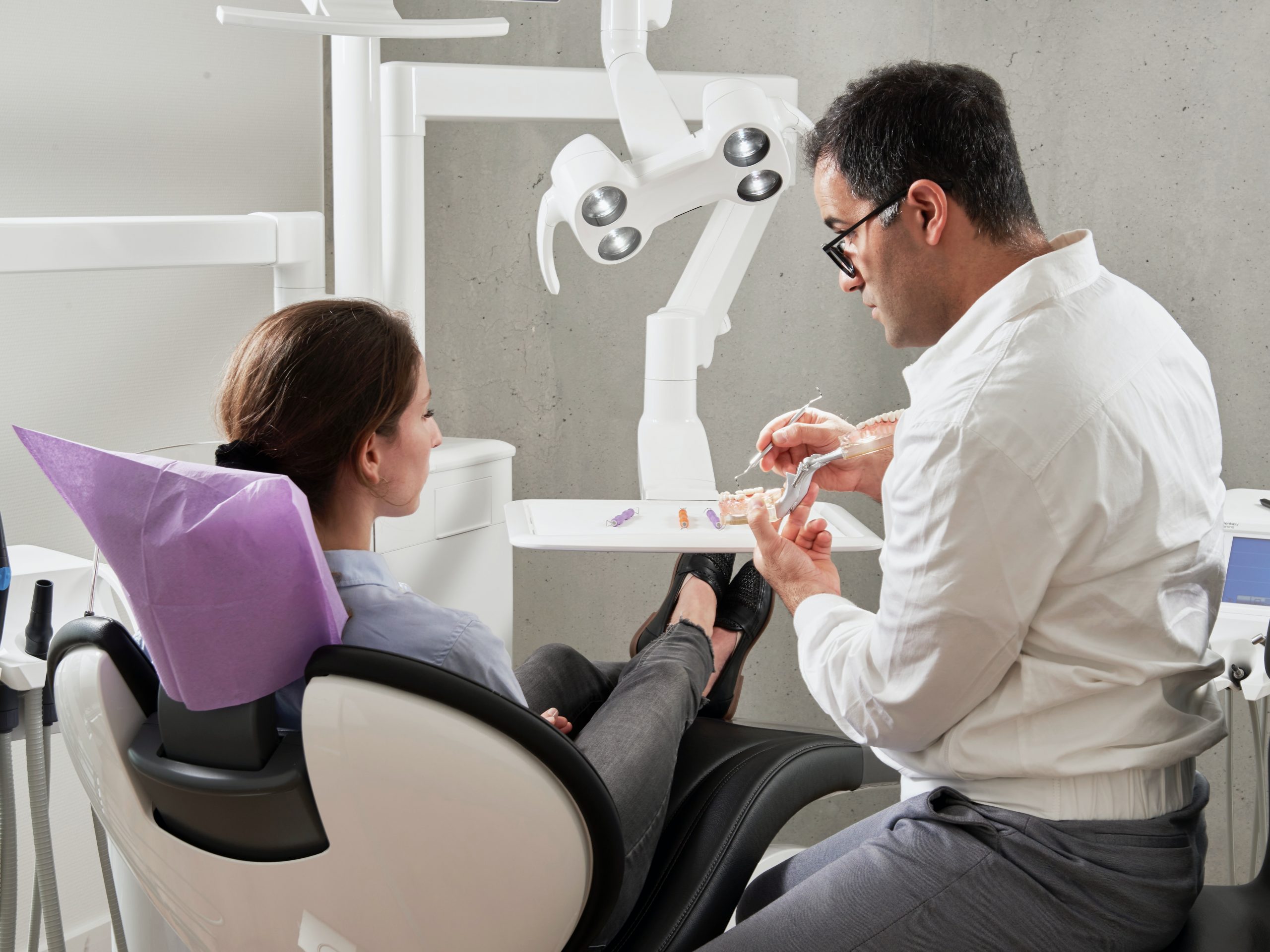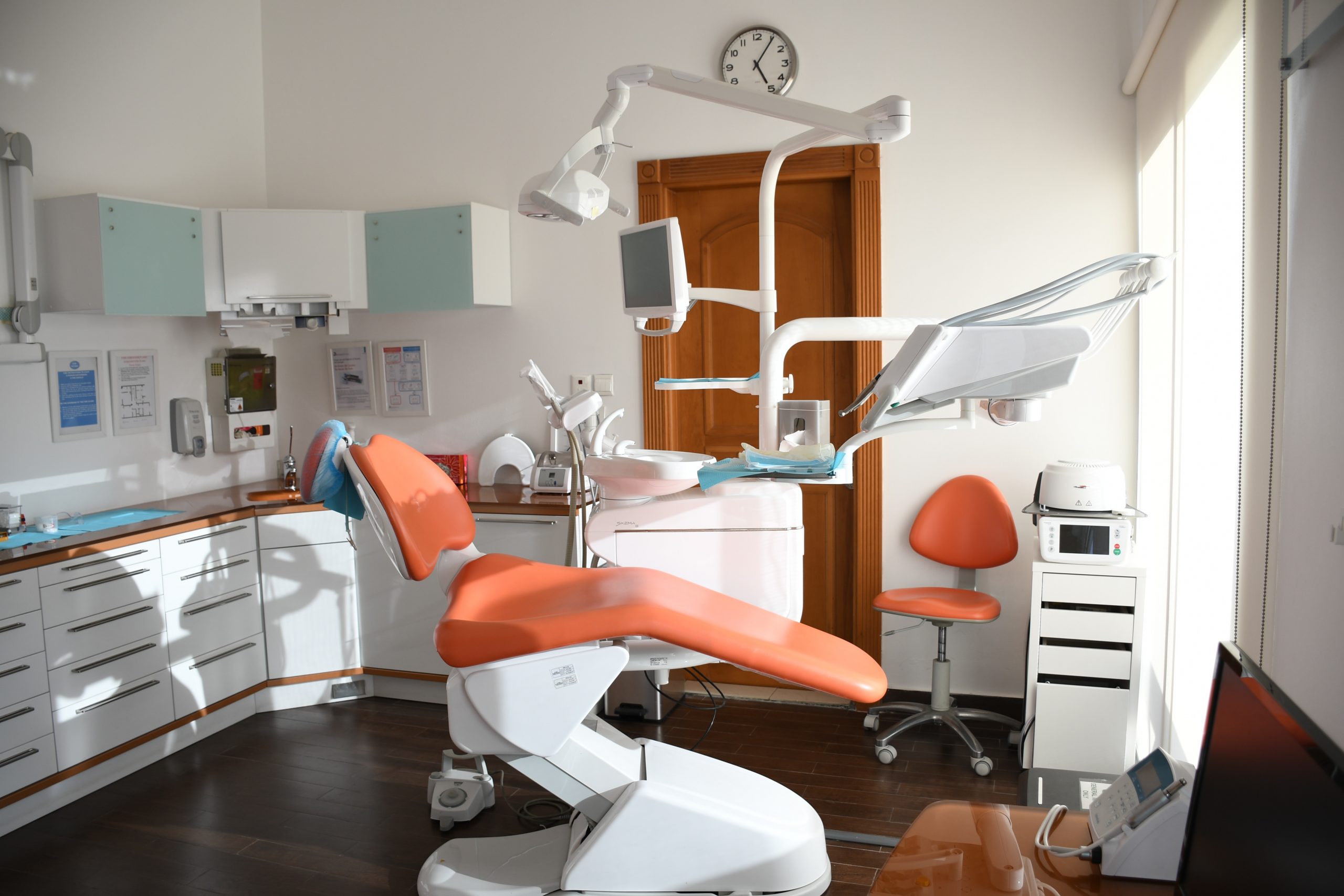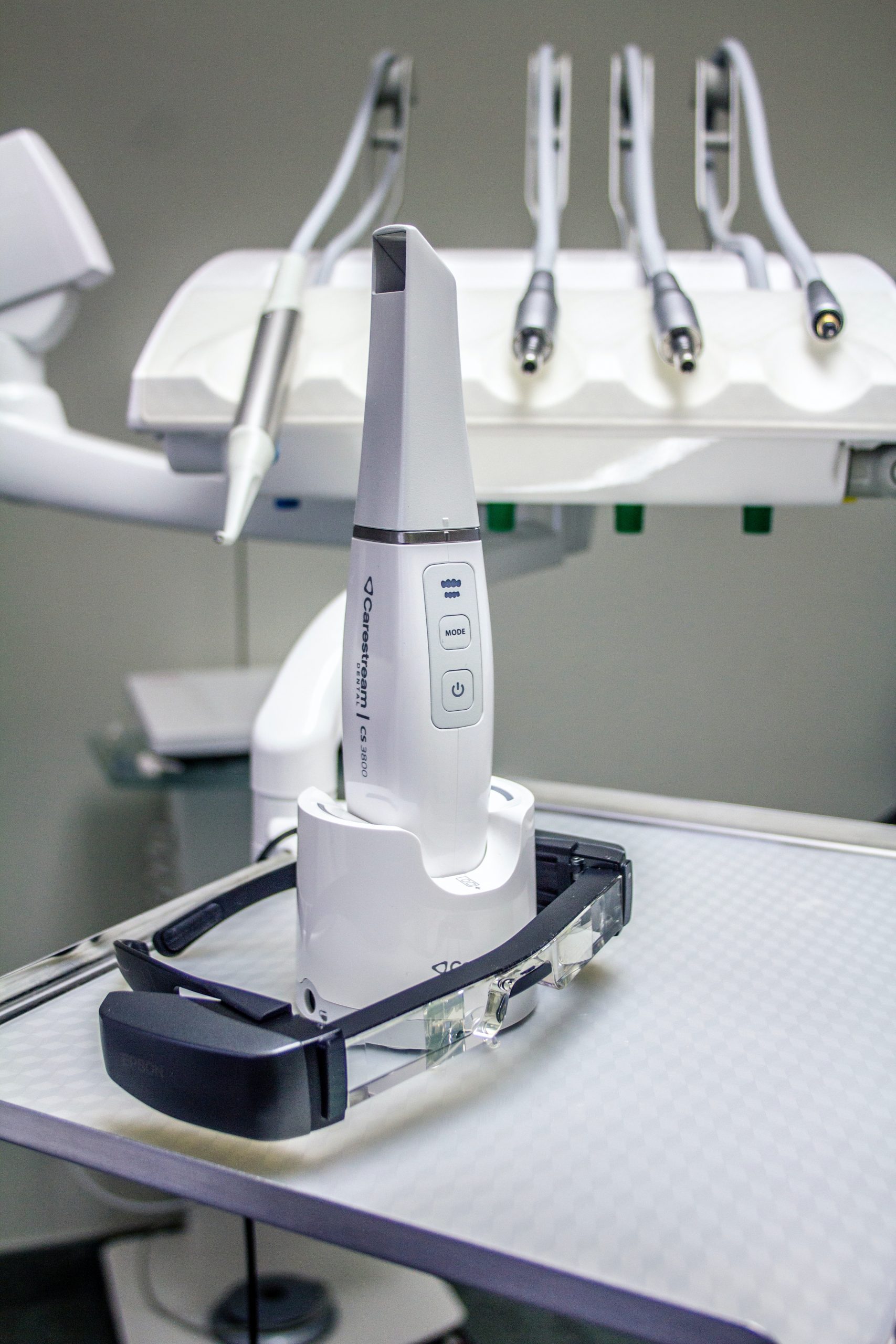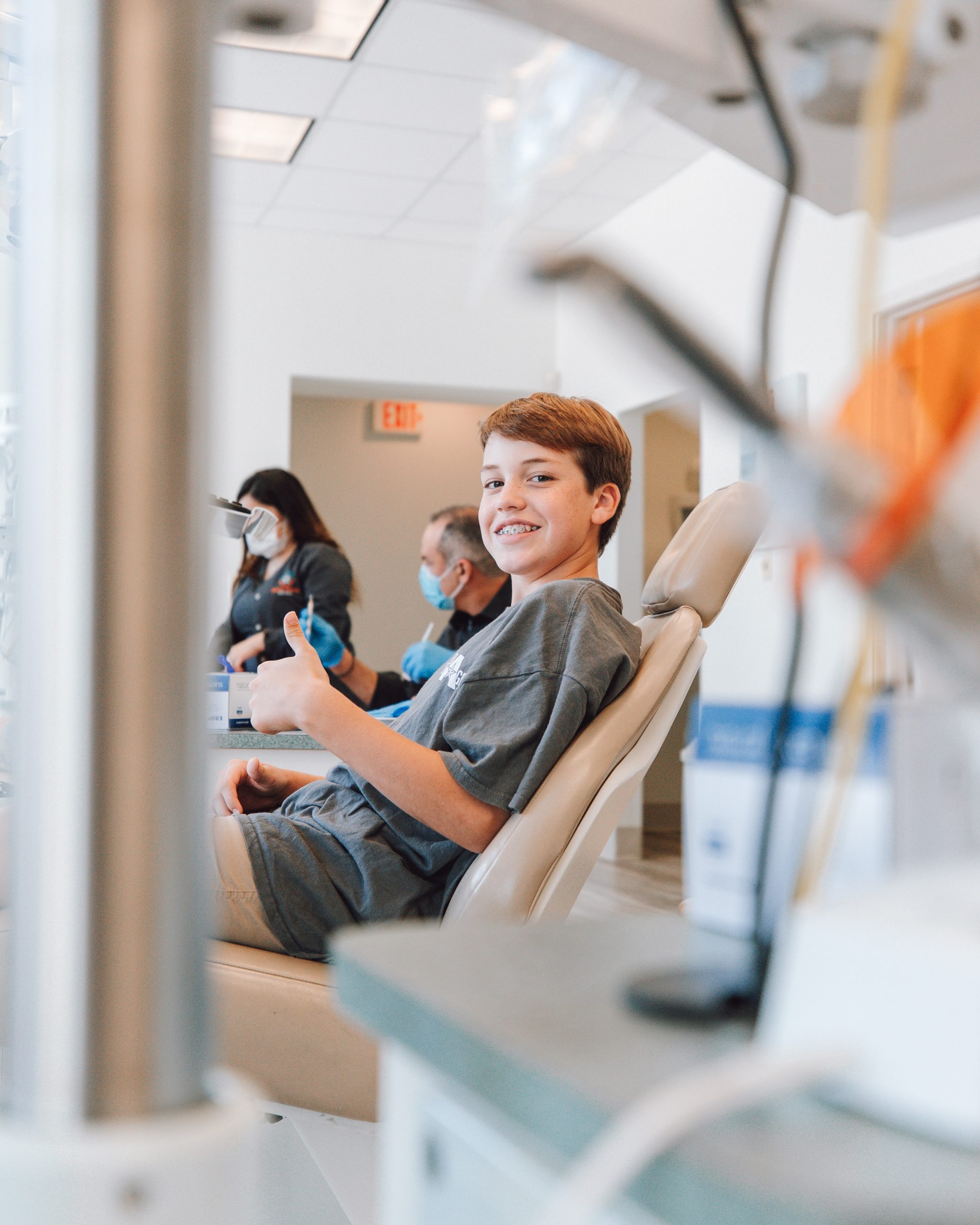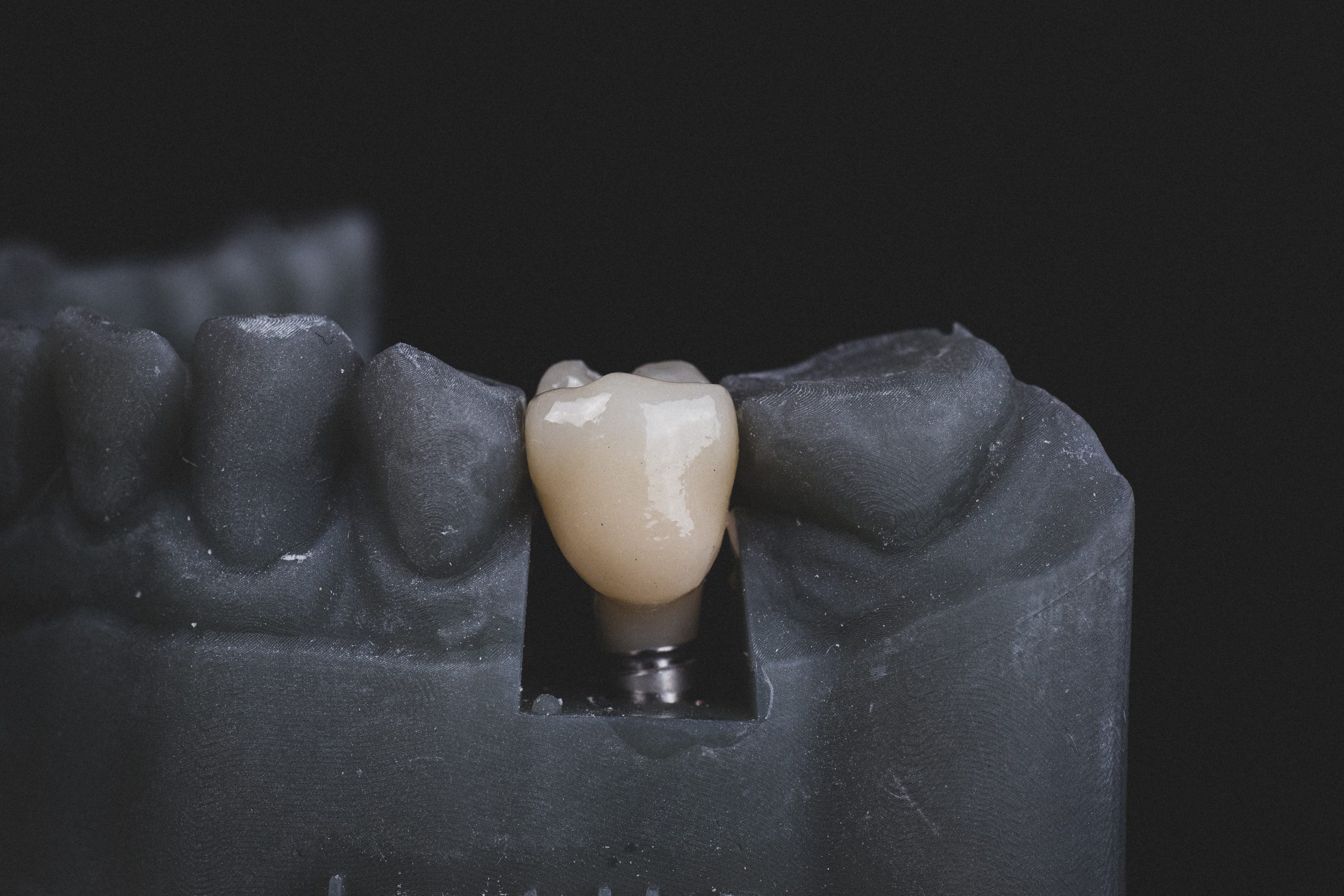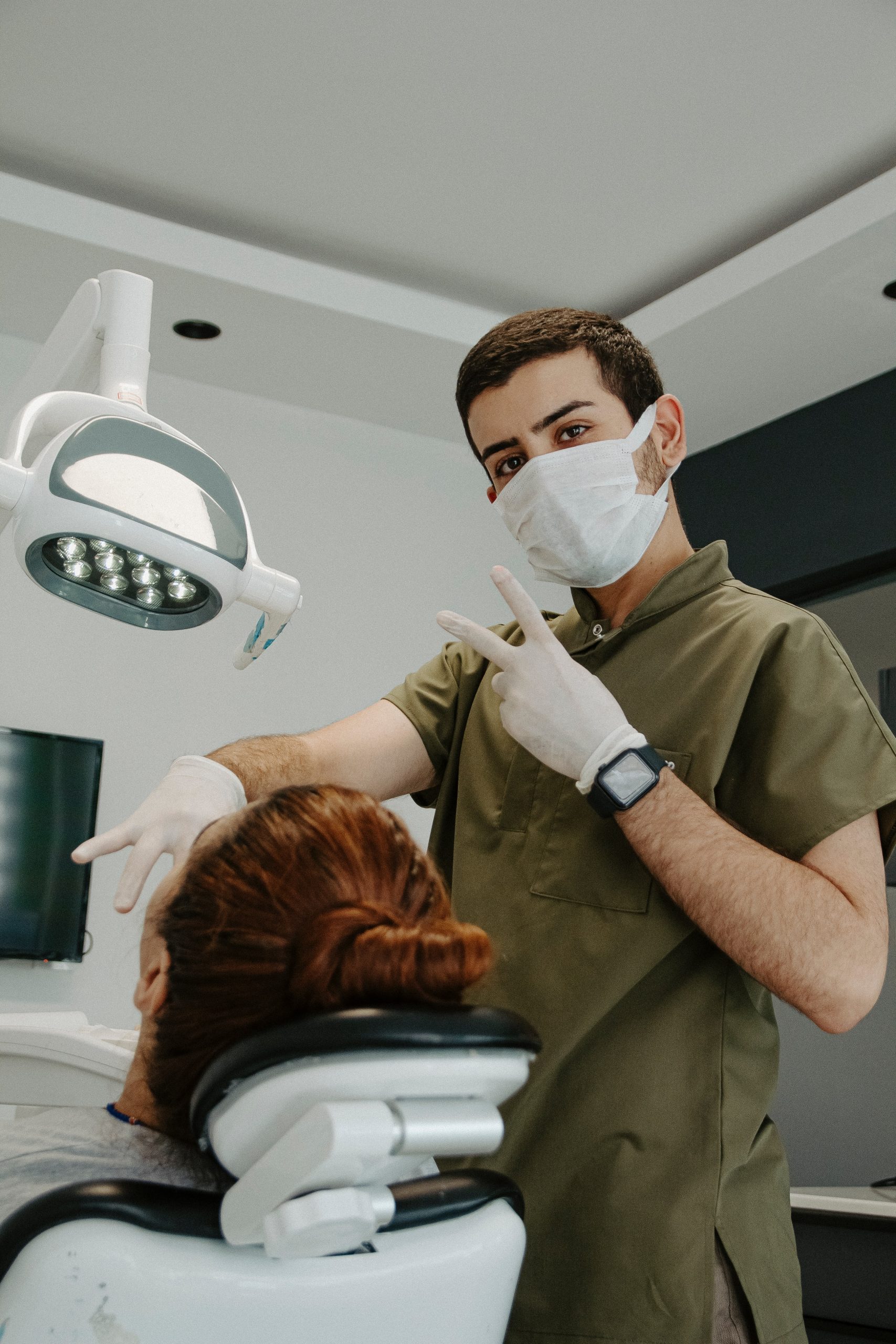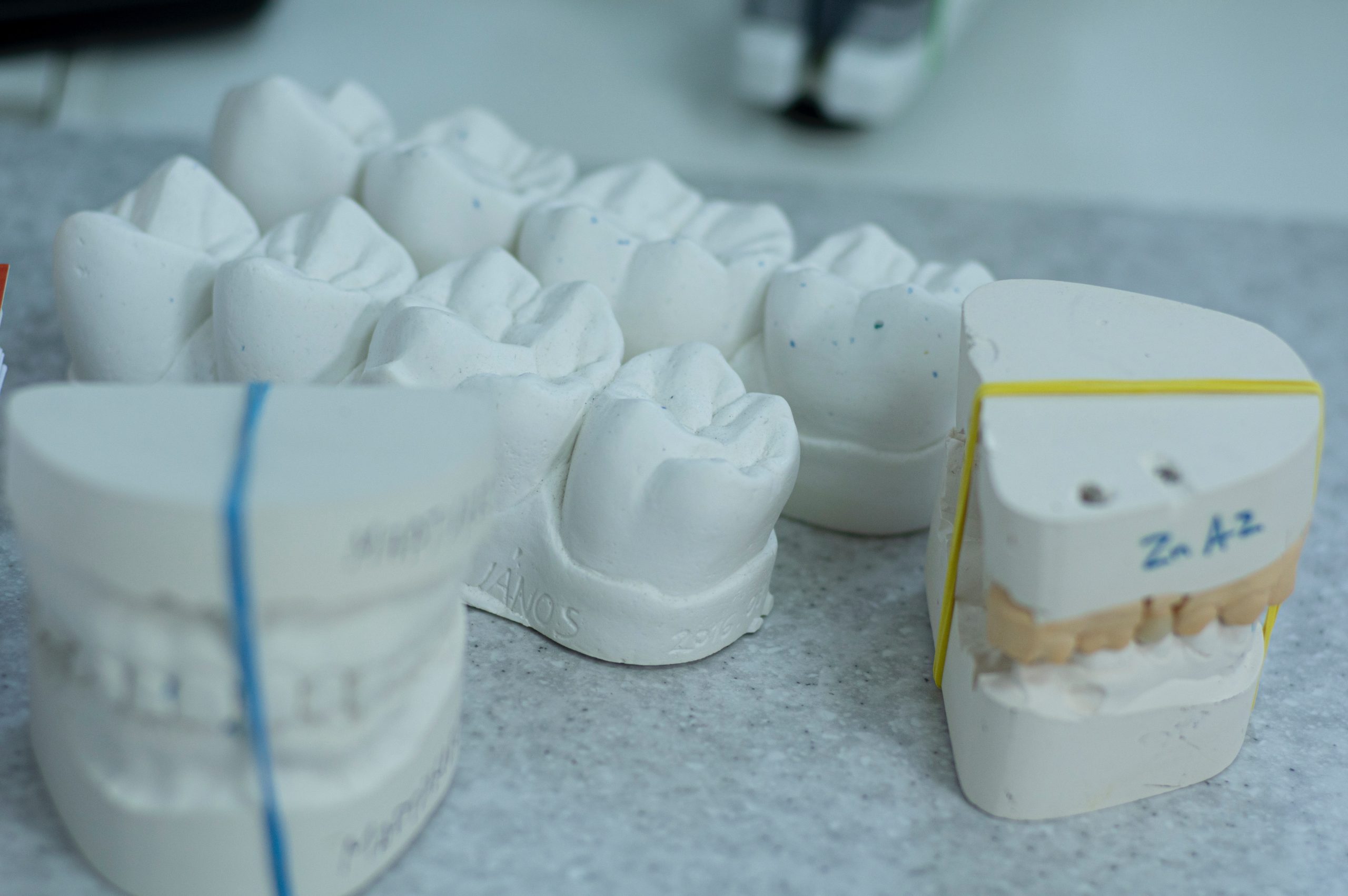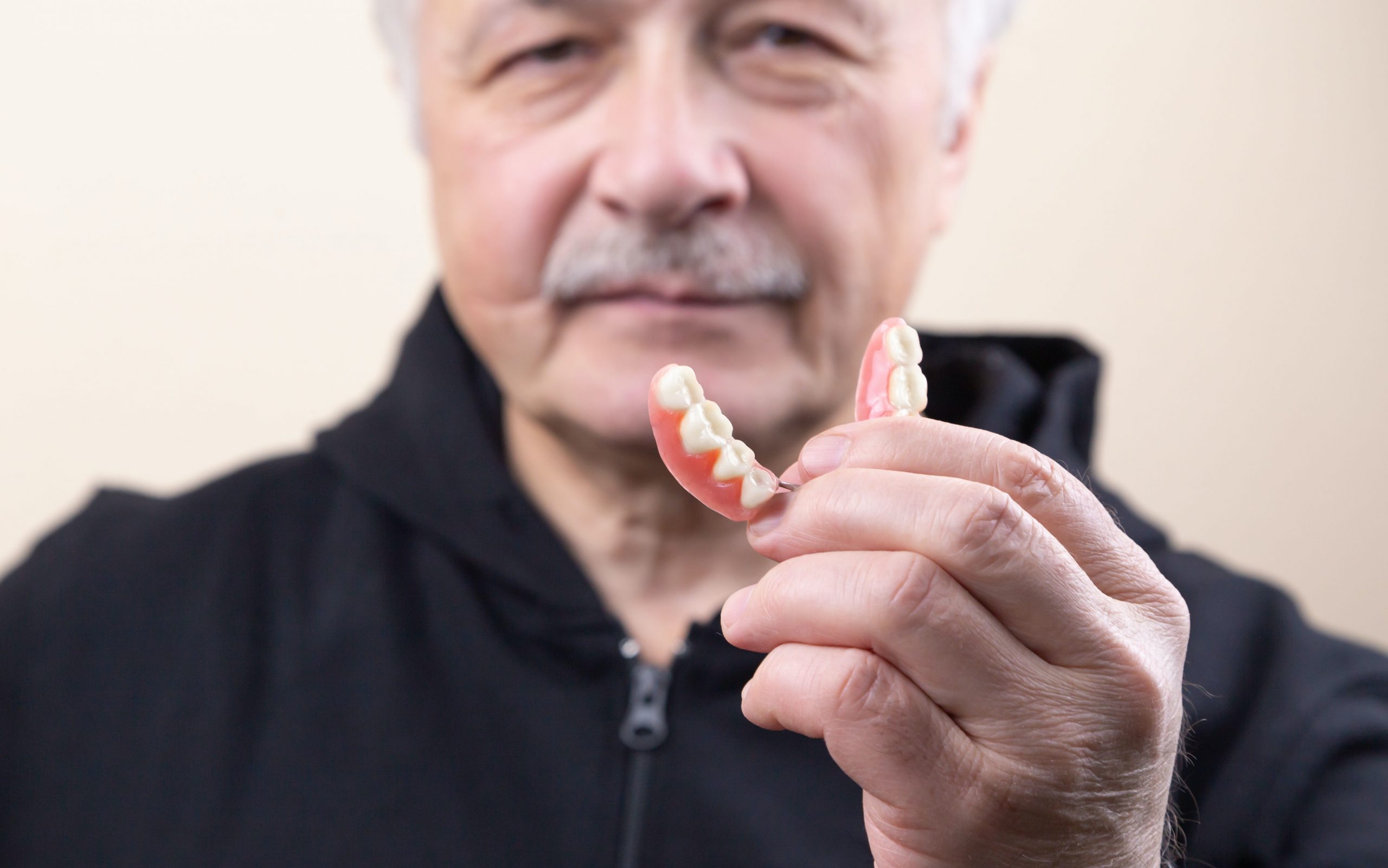
Everything you need to know about Removable Dentures
Removable dentures replace missing teeth and surrounding tissue.
Removable full dentures are a full set of false teeth that fit around your gums and can be removed at night. Which dentures are chosen depends on many factors: the number of missing teeth, the condition of the gums and jaw and, above all, the prosthetist’s suggestion.
The removable full denture is made with a base pink plastic or rubber that molds perfectly to the patient’s gums. Artificial replacement teeth are attached to this base, which can be removed without the help of a dentist.
Removable dentures types
1) Immediate dentures: These dentures are temporary. They are prepared in advance and used immediately after tooth extraction so that you can live as normal a life as possible while your fixed dentures are being made.
Why the gums need to heal after the tooth extraction, these prostheses may not be as comfortable as permanent prostheses. This is because the muscles in the mouth together with the gums and bones shrink over time until they heal.
2) Conventional full dentures: After some time, after the healing process is complete, the patient can use conventional Wear full dentures.
These dentures are custom fitted to the patient’s mouth and look as natural as possible. With proper care, removable full dentures can last a long time and help you function normally.
Advantages
1)Removable dentures are the most popular way to replace missing teeth.
2)This type of prosthesis improves the patient’s ability to chew and smile.
3)They support the craniofacial skeleton and improve the patient’s appearance.
Disadvantages
1)In early stage, wearing removable dentures can be difficult.
2)Patients are uncomfortable until they get used to their new teeth. There may even be slight irritation for the first few weeks.
3)In some cases, patients may feel their dentures loosening, which can prevent them from speaking and eating. To improve this situation, the specialist may suggest the use of a prosthesis adhesive.
How many hours a day can you wear your prosthesis?
Your prosthodontist will give you instructions on how long to wear your prosthesis.
In the first few days, the specialist will usually recommend that the patient wear the prosthesis permanently, even while sleeping.
This is certainly not practical, but it is a way to determine if your dentures need adjustment.
If your dentures are no longer in your mouth, be sure to clean your gums and any natural ones teeth with a very soft and damp toothbrush, toothpaste and, if necessary, toothpaste containing fluoride.
If your toothbrush is too harsh, wrap a soft, damp cloth around your finger and gently scrub your gums. Be sure to cover all surfaces.

